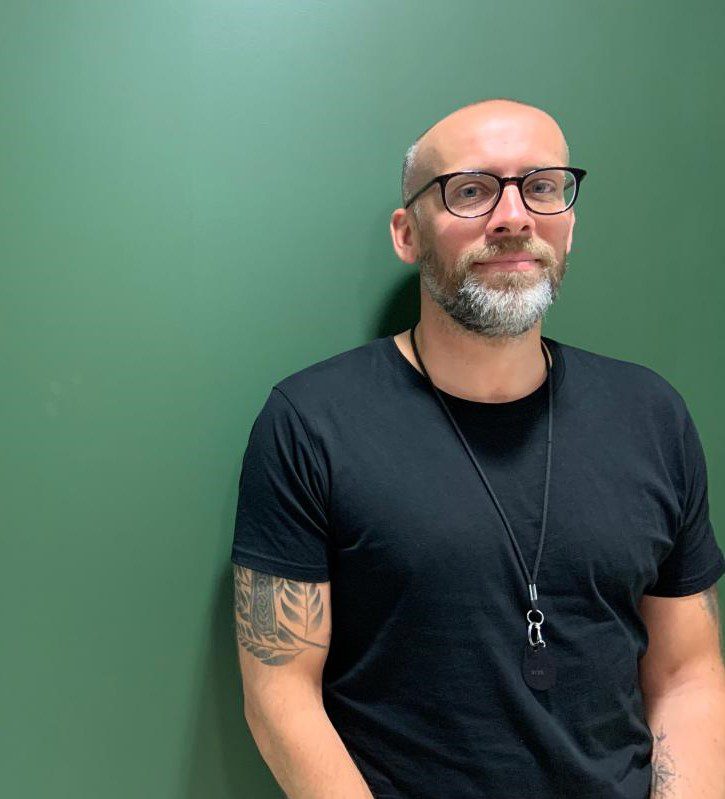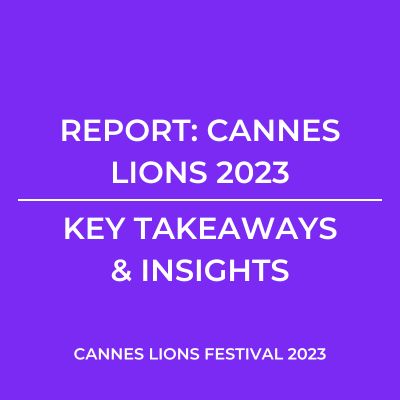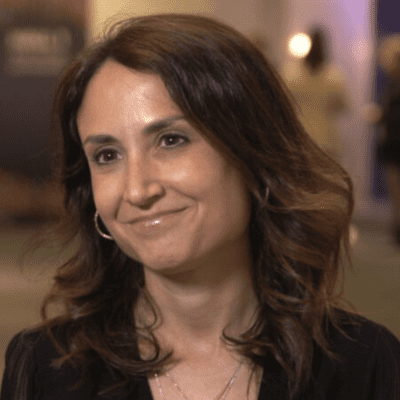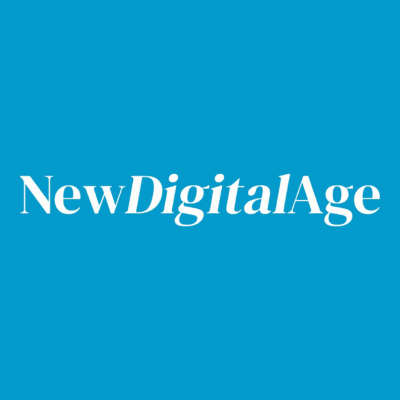In a time where short-termism prevails, PHD New Zealand’s Gareth O’Connor talks to Campaign on how long-term brand platforms can – when client and agency are committed – reinvigorate and rejuvenate year after year.
Creativity will be one of your greatest allies in achieving growth.
After all, creativity brings attention, enjoyment, reaction, engagement, emotion, likeability, fame, distinctiveness, differentiation, memory, talkability, shareability, action, sales and profit.
In times of struggle, creativity is often easier to take on. After all, you must do something to turn the ship around. When business is good and ticking along, harnessing the power of creativity often seems surplus to current requirements; but why?
There is frequently a perceived scariness to creativity. Focus groups do not always like it, finance people are usually not fans, but huge gains can be found from investment in creativity.
In 2014, Paul Dyson did some excellent research and found that creative execution is, after brand size, the second most crucial driver of advertising profitability, multiplying profitability by a factor of 12. Nielsen supported this in 2017 with creativity picking up 47% of the impact of advertising. This year Kantar revisited Dyson’s work and found the same outcome.
Creativity is one of the most powerful levers we can pull to ensure we are liked, remembered and bought.
Be brave, step out of the sea of sameness and harness the power of creativity for your business.
In the full article, O’Connor highlights brands he feels stepped out of that sea of sameness, built differentiation and distinctiveness, resulting in market-share growth and greater profitability; brands like Dove, Snickers, Specsavers, Tesco’s ‘Food Love Stories’, and Apple. He further explains the need for brands to link the product action-oriented communications to their position; establish a brand positioning with integration and long-term commitment; and the importance of breadth and depth.
For the full Campaign article, click here.




